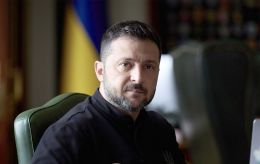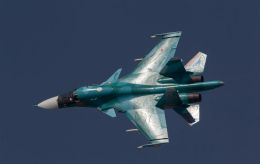President of European Parliament Roberta Metsola: 'No one wants to see Putin in Kyiv'
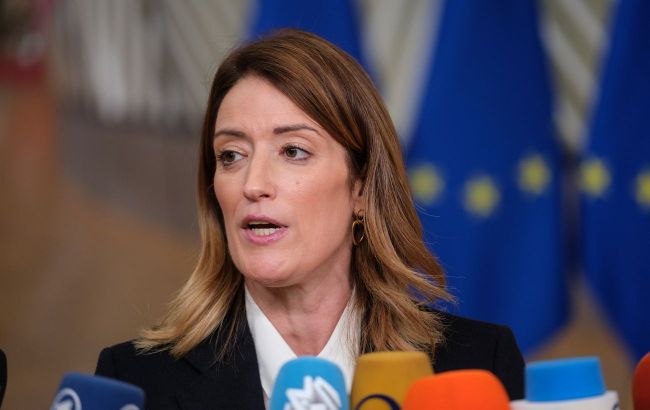 Roberta Metsola (Photo by GettyImages)
Roberta Metsola (Photo by GettyImages)
Whether peace in Ukraine has become closer amid numerous meetings and negotiations, the role of the European Union in a peaceful settlement, and the EU's ability to defend itself without the US involvement in an interview with the President of the European Parliament, Roberta Metsola, for RBC-Ukraine.
Over the past few days, the intensity of diplomacy around the Russia-Ukraine war has reached an unprecedented level. New visits, meetings, and negotiations are taking place virtually every day.
In particular, Ukraine was expected to be a key topic at the world's most respected security forum, the Munich Security Conference. But despite all this activity, no one has yet understood how, when, and under what conditions the war will end.
Instead, Europeans have suddenly realized their vulnerability to external threats. The new US administration explicitly says it will deprive Europeans of the traditional security umbrella.
In an interview with RBC-Ukraine, European Parliament President Roberta Metsola said that strengthening its defense is a top priority for the EU and that Europe will be ready if necessary.
— In general, following the Munich Conference, do you feel that peace in Ukraine has become closer?
— We all want peace in Ukraine. There has been much discussion and there is movement. But ultimately, it is for Ukraine to decide when the conditions are right for peace negotiations to start with them at the table. And when that time comes, it will be Ukraine’s decision on what peace will look like. Nothing can be decided about Ukraine without Ukraine. The EU will be at Ukraine’s side just as we have been from the very beginning.
We will support any peace plan that is just, sustainable, and on Ukraine’s terms. But it is also clear that the EU must be at the heart of this process. Because the Russian threat extends beyond Ukraine, so a true peace cannot be just a ceasefire that rewards the aggressor. It must be beyond doubt for Russia that it can never attack again—not Ukraine, not Europe, not its neighbors.
— The US says that the EU has no place at the negotiating table (but the EU's voice will be taken into account), at the same time insisting that security guarantees for Ukraine in the event of peace should be provided by Europe. Don't you see the contradictions here? And how should the EU act, based on such rhetoric from Washington?
— I believe that a just and lasting peace in Ukraine is also in the United States' interest. No one wants to see Putin in Kyiv. When it comes to security guarantees, it is crucial that the like-minded international community stands together and Europe has a —responsibility here.
We have done our part and will continue to do so. To date, the EU has provided EUR 135 billion in support to secure Ukraine’s financial stability and defense—more than any other ally.
Ukraine’s security is Europe’s security, which is why the EU will have to play a central role when it comes to peace negotiations. I think this is widely recognized. But in order to act from a position of strength we need to deliver when it comes to our defence capabilities. If we are serious about our security, our financial commitments must match the threat we face.
Last year, Russia’s defense budget surged 42% to EUR 430 billion, while Europe’s, including the UK, rose just 12 percent to EUR 425 billion. Our voters already made it clear in the elections last June. They want us to act faster, with determination, and, above all, with self-confidence.
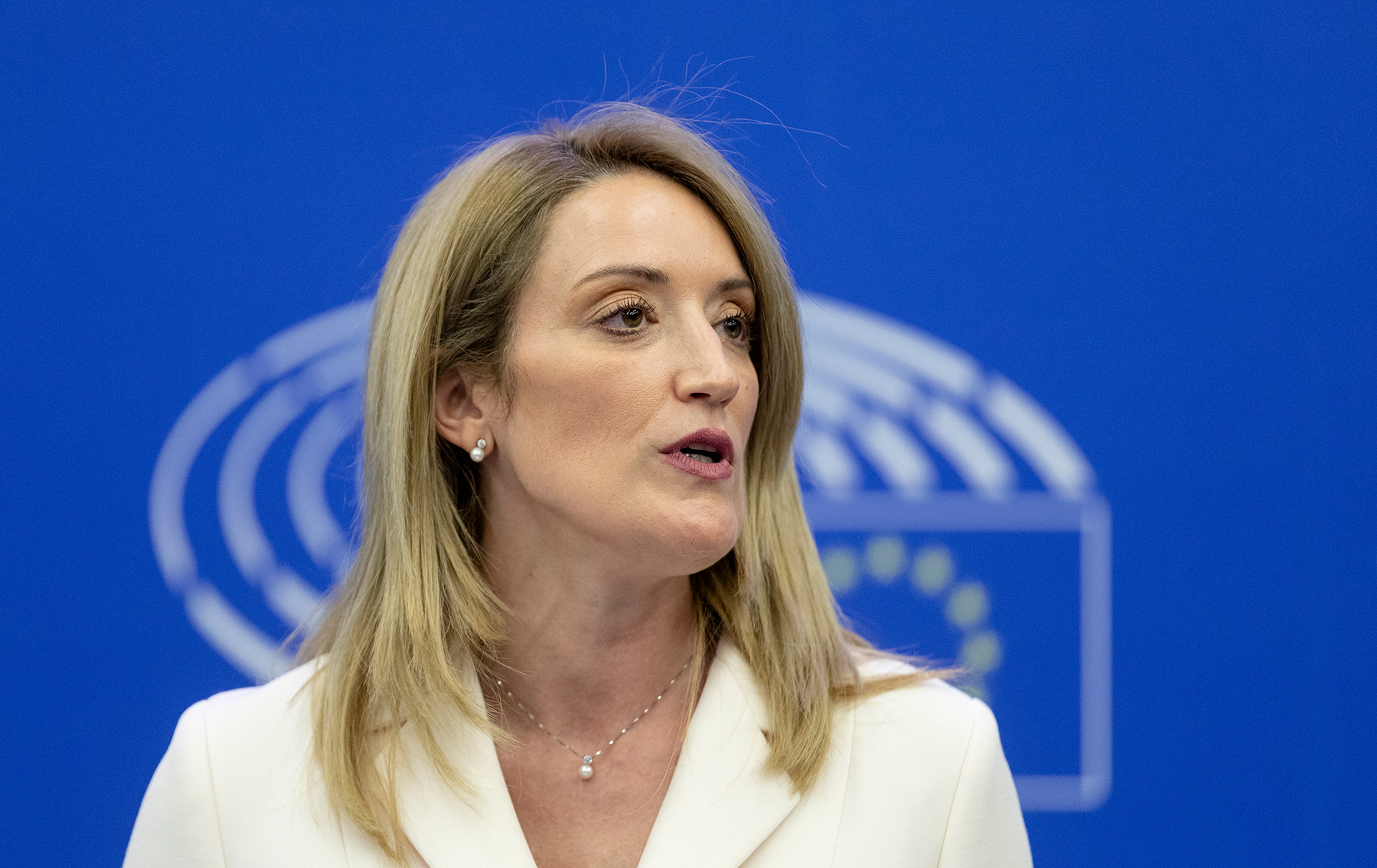
— According to NATO Secretary General Mark Rutte, Europe must "fight its way" to the negotiating table. How does the EU plan to do this?
— This ties back to my point about the need for greater European defense spending and self-confidence. Now, we must demonstrate leadership and, most importantly, unity. We have shown this unity when we unanimously adopted fifteen sanction packages against Russia and we must show it again. We are only credible and strong if we speak with one voice.
Ukraine’s future must be secured now, and that responsibility falls squarely on the shoulders of Europe. As an EU candidate country, Ukraine’s future is directly tied to ours, so we have a profound stake in ensuring its security and stability. If we succeed in standing together, we will be a powerful partner at the negotiating table.
— What security guarantees can Europe provide to Ukraine? Will they be enough if the Americans, for their part, do not want to provide guarantees to Ukraine?
— People expect Europe not only to speak frankly but also to act decisively. We must ramp up our security by investing more in our defense capabilities while becoming more efficient and effective. We can start by improving what we already have—our 27 capable European armies, which must be able to work together more effectively. To achieve this, our defense forces must become more integrated, ensuring seamless cooperation and greater efficiency. This will strengthen our ability to deter threats and protect Europe. The time for relying on others is over.
So far, we have mobilized EUR 48.5 billion in vital military support to strengthen Ukraine’s defense, delivered over one million rounds of ammunition, and are currently training 75,000 soldiers. Furthermore, we will continue directing revenues from immobilized Russian assets to further bolster Ukraine’s defense, and finance urgent reparations of energy infrastructure. At the same time, we are deepening the integration of European and Ukrainian defense industrial bases to ensure lasting resilience and security.
So we have been delivering but we must, of course, assess and be ready to step in with all the necessary security guarantees to ensure lasting peace. This is a decisive moment and Europe will do its part.
— Will Europe be ready to independently counter threats from China or Russia if the United States decides to reduce its contribution to collective security?
— Strengthening our defense and security is our top priority. In recent years, we have increased our collective defense spending by 30 percent and made significant progress in common defense procurement and ammunition production capacity. Through the European Defence Fund, we support Member States in developing innovative and interoperable defense technologies and equipment.
Moreover, we now have the first-ever Commissioner for Defence, and the European Parliament has upgraded its subcommittee on defense to a full-standing committee. These were crucial steps but we must do much more and we will.
Our real problem is fragmentation. While the US operates with 30 weapons systems, Europe has 178. Fragmentation means higher costs and inefficiency. We need a Single Market for the defense industry. Because as Prime Minister Tusk aptly put it: “the time for geopolitical outsourcing is over.”
So to answer your question, we will be ready.
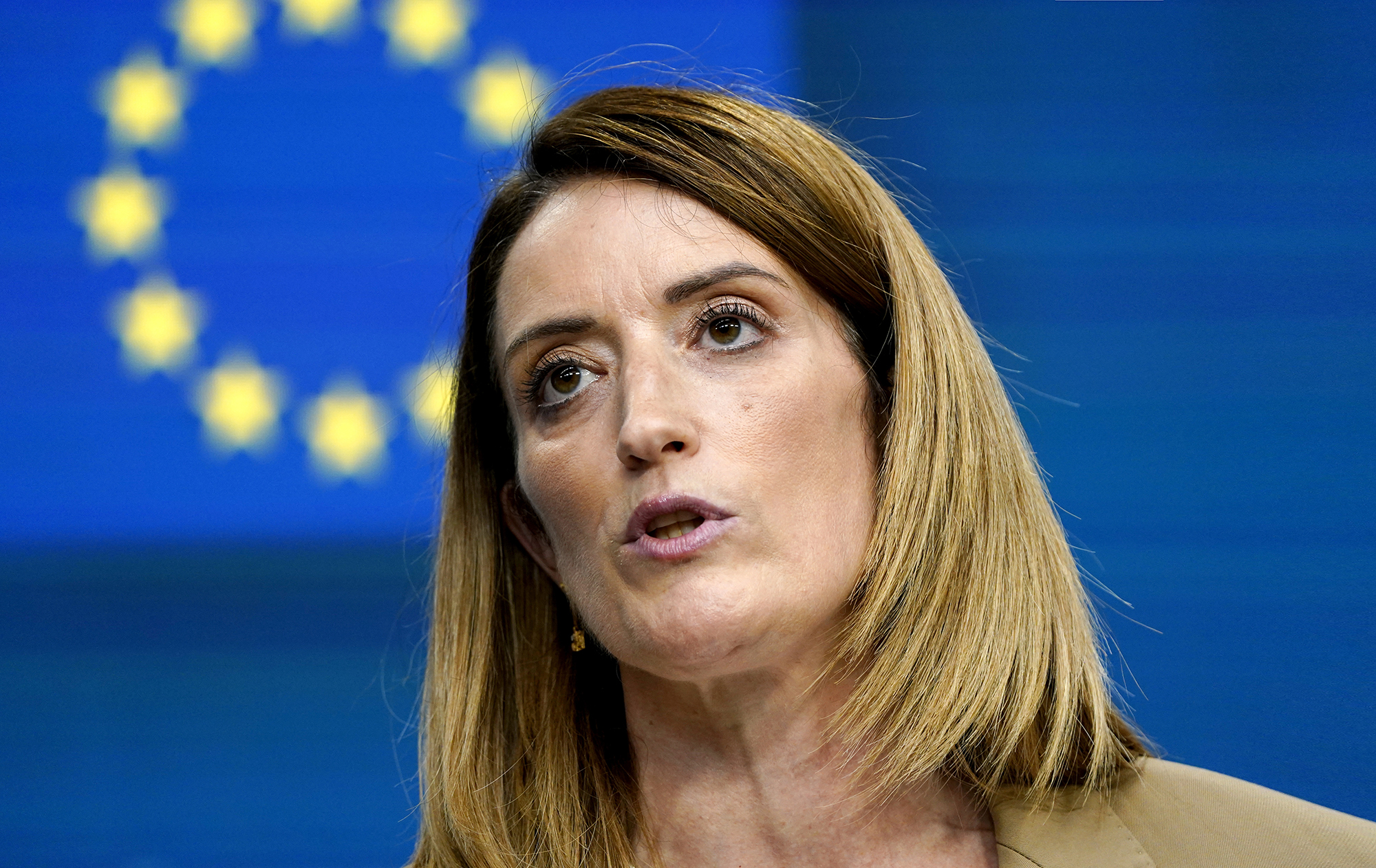
— US Vice President JD Vance said that the threat does not come from China or Russia, but lies within Europe - and that is Europe's retreat from some of its most important values, which it shares with the United States. What is your opinion on such statements and why, in your opinion, did the Americans decide to come out with such messages? What is the reason for the growing popularity of populists in Europe, who are publicly supported by the Trump team in particular?
— I respectfully disagree with Vice President Vance’s assessment of the state of our democracy. And let me be clear on this: Europe is the continent of freedom of speech. Millions of Europeans grew up behind iron curtains that prevented that freedom. We know what it is like to not have freedom.
On the other hand, the Vice President makes a valid point in the fact that we face a new political reality with people increasingly drifting to the political fringes, and we must ask ourselves why. Perhaps we have grown too complacent, assuming that voters will always support mainstream parties regardless of circumstances. But now, we are witnessing a shift. As Parliament, we already saw this during last year’s European elections.
It is imperative that we analyze these developments, learn from them, and adapt. We must win back the trust of our voters so they once again believe in the mainstream parties' ability to improve their lives, making them a bit easier, a bit fairer, and a bit more prosperous. The only way to counter the oversimplified and misleading narratives pushed by the political fringes is to deliver on our promises with clear, concrete, and sustainable solutions. This is our task for the coming years.
